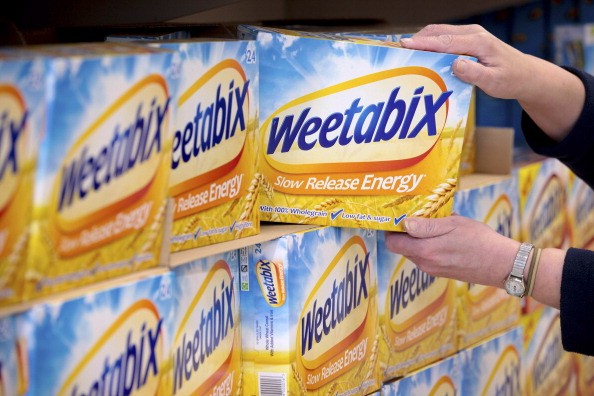The adored British breakfast cereal Weetabix has been unsuccessful in its sales to Chinese consumers.
The firm was bought by Post Holdings for $1.7 billion after Chinese company Bright Food put up the company for sale in January. The U.S. breakfast brand is the manufacturer of Golden Crisp and Cocoa Pebbles.
In 2012, Bright Food purchased a 60 percent stake in the cereal company. The acquisition was the largest made by a Chinese company in the food and beverage industry at the time.
Bright Food was attracting well-off Chinese consumers insatiably embracing Western breakfast choices in place of traditional rice cereal and steamed bread. However, even those Chinese consumers who are crazy about European products could not stand Weetabix.
The cereal company’s revenues dropped to 3.05 billion yuan ($443.62 million) by 2015. It was 2 percent lower compared to that in 2012.
Even if the firm exports its products to 80 other countries, 84 percent of its sales are still from the U.K. Weetabix is the second largest cereal manufacturer in the European country.
The extremely soggy cereal has not motivated buzzing support in the United States. Even in the U.K., the manufacturer has been having difficulties keeping up with its increasingly health-conscious consumers.
The company’s efforts to lure the British people with its new breakfast drinks and recipes for Weetabix-inspired Eggs Benedict have brought in more ridicule than revenue. A marketing strategy to use Weetabix as a base for Eggs Benedict became viral as consumers responded with disgust.
Bright Food went to the extent of saying that getting rid of the company would support its international expansion.
“Selling assets enables us to better expand. Going forward Bright will stick to our overseas push,” a Bright Food spokesman said.
Since 1932, Weetabix, which has a royal license, has been a valued brand in the U.K. It was family-owned until 2004 when it was purchased by Lion Capital, a British private equity company. It was then sold to Bright Food in 2012.
With Chinese consumers rejecting the British breakfast cereal, British fans appear to be the only ones weeping for the loss of their beloved Weetabix.



























